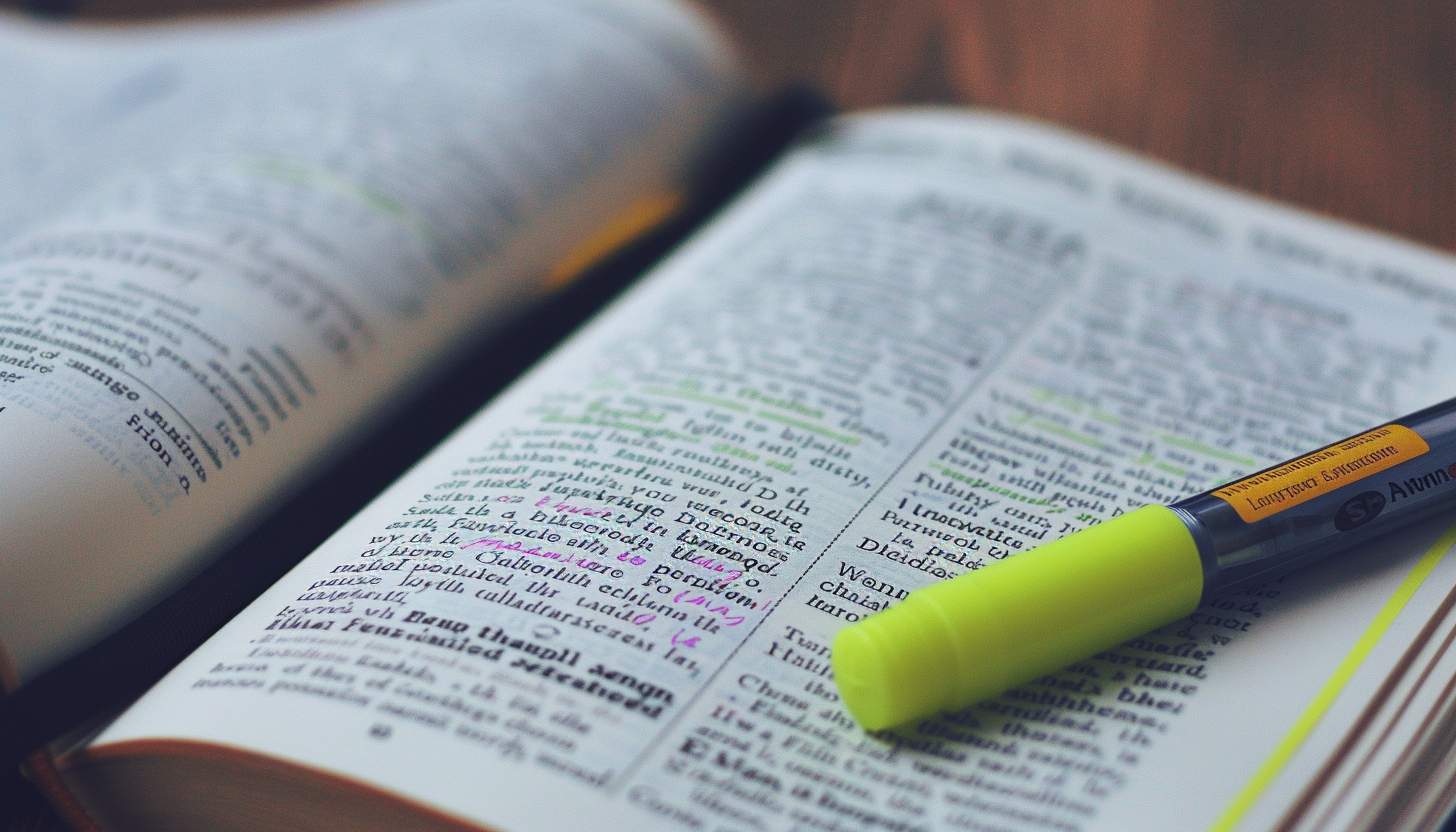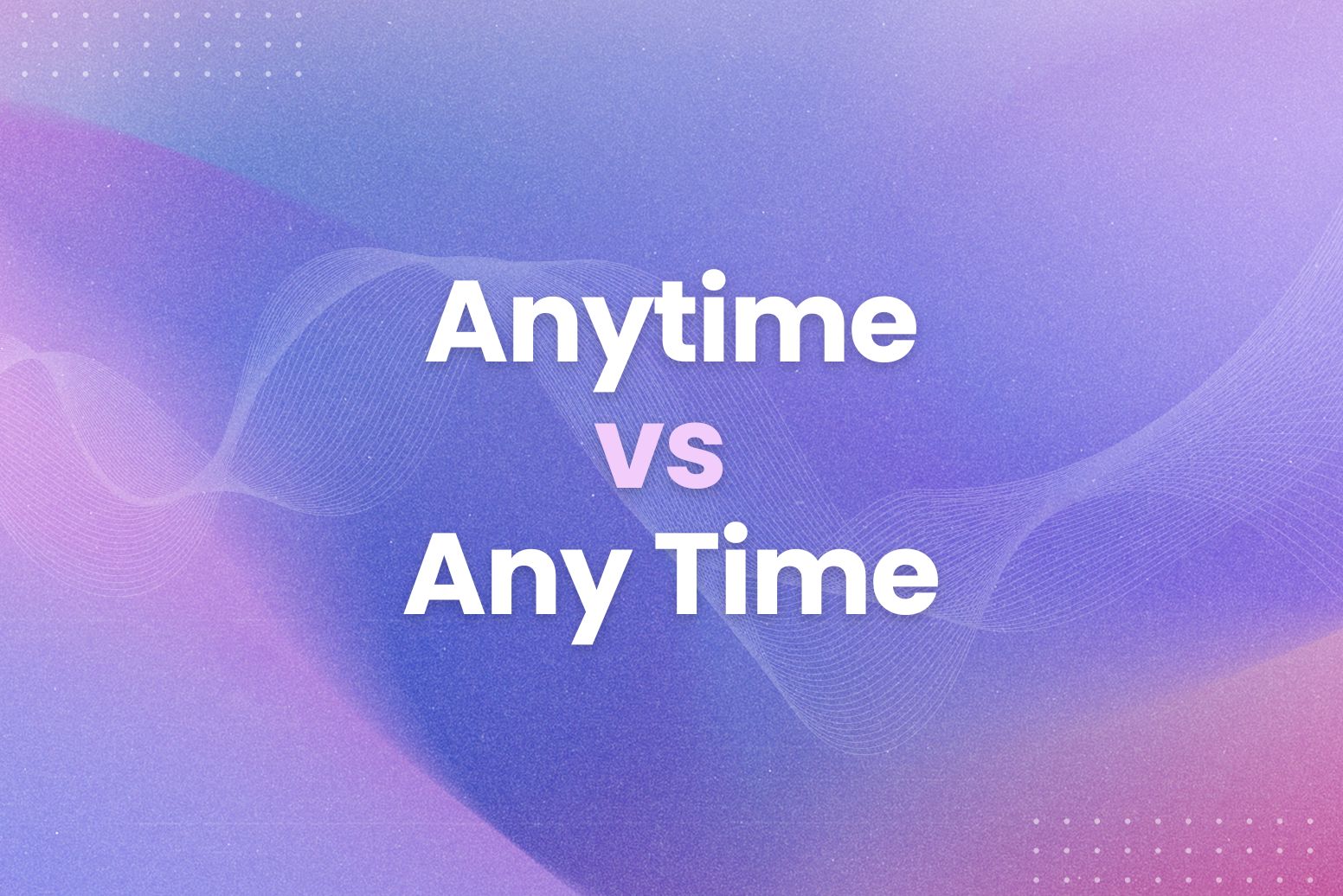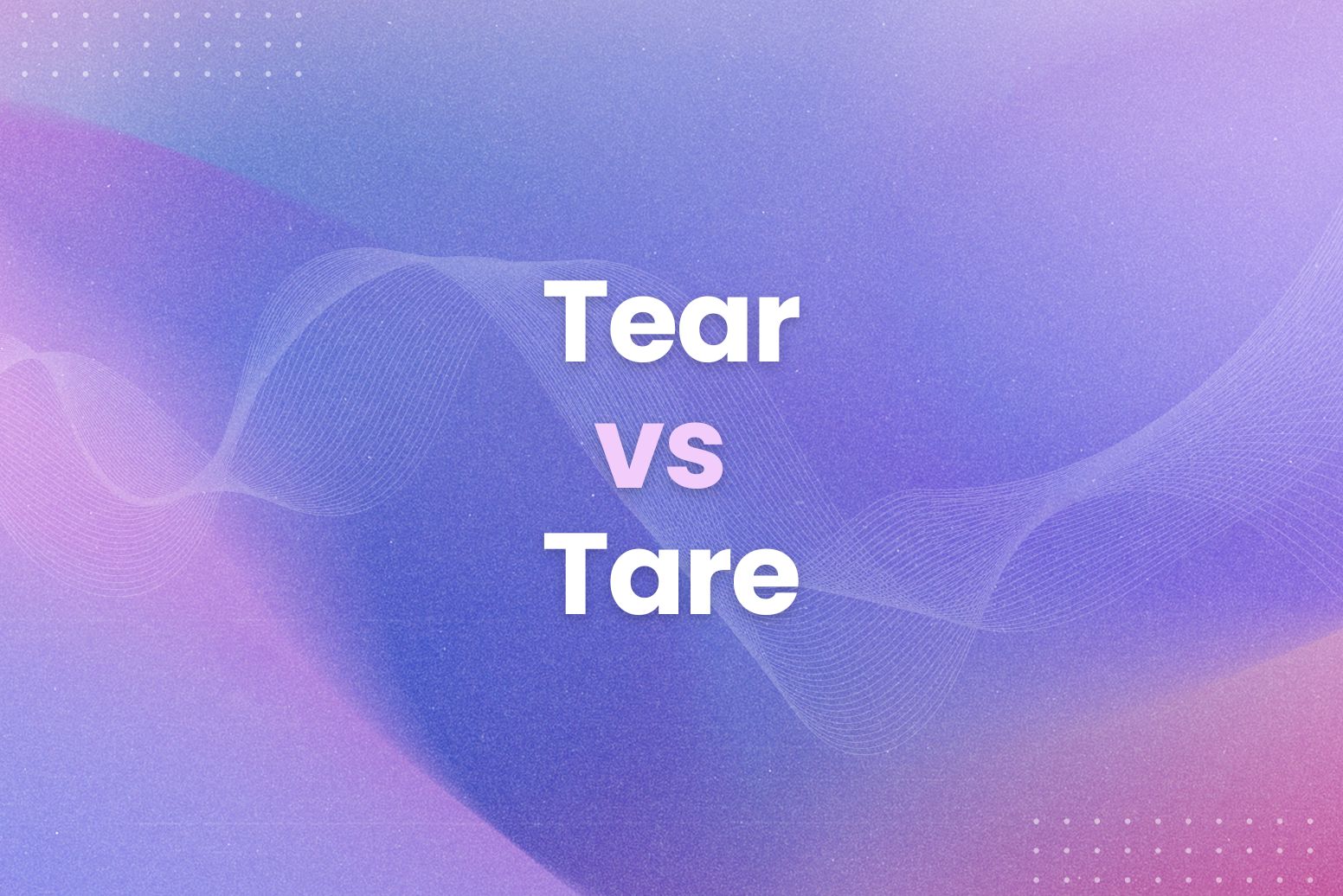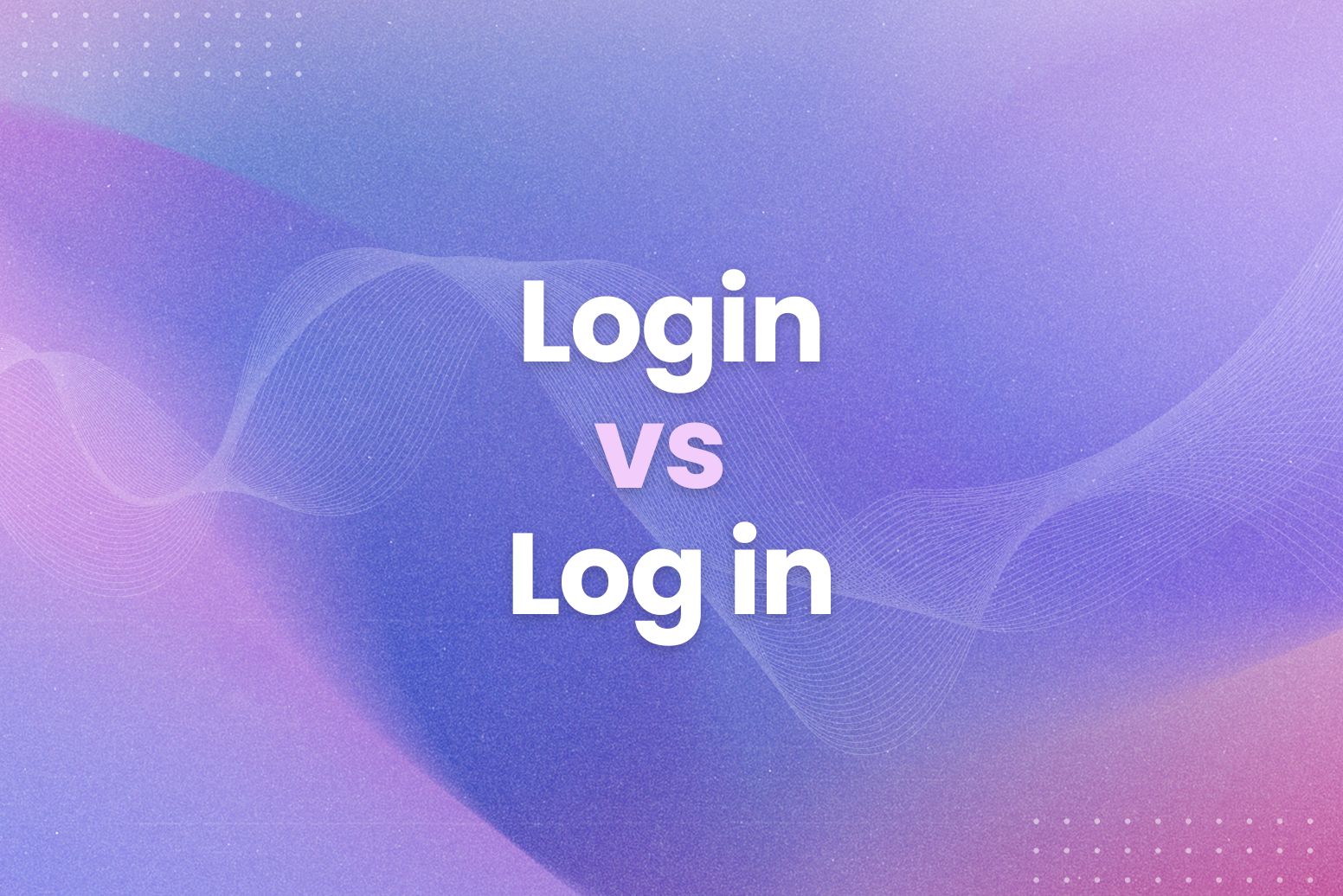Have you ever wondered why we call it a sandwich or why we measure electricity in volts? How did everyday words like eponym examples, “boycott” or “teddy bear” come to represent entire concepts, actions, or objects? The answer lies in the fascinating world of eponyms—words derived from the names of people, places, or even legends. Isn’t it remarkable how a single name can transcend its origin, becoming a universal symbol of an idea or innovation?
What Is an Eponym?
An eponym is a word or name derived from a person, place, or thing that becomes associated with something else, often because of its origin or invention. It’s like when someone’s name becomes a label for an idea, object, or phenomenon.

For example, if you’ve ever used Google as a verb (“I googled it”), or heard of Braille (the tactile writing system named after Louis Braille), you’ve encountered an eponym in action.
Fashion & Lifestyle Eponym Examples

- Mackintosh
This raincoat, designed to be waterproof, takes its name from Charles Macintosh, who invented the fabric.
- Leotard
Jules Léotard, a famous French acrobat, introduced this tight-fitting garment. Over the years, as gymnastics and dance grew in popularity, his name remained tied to a piece of clothing essential for movement and flexibility.
- Wellington Boots
These boots, designed for muddy and wet terrains, were popularized by Arthur Wellesley, the Duke of Wellington. Not only were they practical for battlefields, but they later became an iconic part of festival fashion, proving their timeless versatility.
- Cardigan
This sweater, which can easily be buttoned up or left open, is linked to James Brudenell, the 7th Earl of Cardigan. Because of its adaptability, it has become a wardrobe staple, equally loved by office workers and cozy homebodies.
- Balaclava
Named after the Battle of Balaclava during the Crimean War, this headgear was initially used by soldiers to keep warm.
- Bloomers
These loose-fitting trousers are named after Amelia Bloomer, a women’s rights advocate who promoted them as an alternative to restrictive skirts.
- Pompadour
This hairstyle, which features a dramatic upward sweep, is named after Madame de Pompadour, the mistress of King Louis XV.
- Derby Hat
This iconic rounded hat takes its name from the Earl of Derby. Over time, it has moved from being a status symbol for the elite to becoming a cultural icon in classic films.
- Stetson Hat
John B. Stetson designed this wide-brimmed hat for cowboys to shield them from the sun.
- Pashmina
This luxurious fabric, which originates from Kashmir, owes its name to the Persian word for wool.
Medical Eponym Examples

- Parkinson’s Disease
This neurological condition, which affects movement, is named after James Parkinson, who first studied it.
- Alzheimer’s Disease
Dr. Alois Alzheimer identified this condition in 1906, giving it his name. Because of his research, families now have a better understanding of a once-mysterious illness that affects memory and cognition.
- Hodgkin’s Lymphoma
This type of cancer, named after Thomas Hodgkin, was first described in the 19th century.
- Down Syndrome
Dr. John Langdon Down lent his name to this genetic condition, which he described in detail.
- Cesarean Section (C-Section)
Although its connection to Julius Caesar is debated, this surgical procedure owes its name to the legend that he was delivered this way.
- Crohn’s Disease
Dr. Burrill Crohn identified this chronic inflammatory condition in the digestive system.
- Lou Gehrig’s Disease (ALS)
Named after the famous baseball player who was diagnosed with it, this condition highlights the challenges of living with a neurological disorder. Gehrig’s legacy not only brought visibility to ALS but also inspired others to support research efforts.
- Bell’s Palsy
Charles Bell studied this condition, which causes temporary facial paralysis.
- Eustachian Tube
Bartolomeo Eustachi, an Italian anatomist, identified this critical part of the ear. Because of his discoveries, we now better understand the mechanics of hearing and balance.
- Foley Catheter
Dr. Frederic Foley invented this medical device, which remains essential in patient care.
Food & Drinks Eponym Examples
- Caesar Salad
Named after Caesar Cardini, this dish was invented during a kitchen shortage. What started as a necessity has since become a symbol of simplicity and elegance in dining. - Margherita Pizza
Queen Margherita lent her name to this pizza, which features the colors of the Italian flag: basil, mozzarella, and tomato. - Graham Crackers
Sylvester Graham promoted these whole-grain crackers as part of a health movement. Interestingly, they’ve transitioned from health food to a key ingredient in s’mores, blending tradition with indulgence. - Nachos
Ignacio “Nacho” Anaya created this dish on the spot to please customers. Not only did it become a hit, but it also turned into a global snack phenomenon. - Beef Stroganoff
This creamy Russian dish is named after the Stroganov family, who were patrons of the arts and cuisine. Their name now lives on every time the dish is enjoyed. - Fettuccine Alfredo
Alfredo Di Lelio created this pasta in Rome, and its fame spread after Hollywood stars fell in love with it.
- Pavlova
This airy dessert is inspired by Russian ballerina Anna Pavlova, who visited New Zealand and Australia.
- Sandwich
The Earl of Sandwich gave his name to this convenient meal. Because of his love for multitasking, we now enjoy the ultimate grab-and-go food. - Daiquiri
Named after a small Cuban town, this cocktail gained popularity thanks to its refreshing blend of lime, rum, and sugar. Its tropical vibes make it a favorite at summer parties. - Banoffee Pie
A combination of bananas and toffee, this dessert was first served at The Hungry Monk restaurant. Interestingly, it’s now celebrated as a quintessential British treat.
Whether you’re writing an essay or crafting a witty tweet, Arvin AI keeps your grammar on point.
Geography & Space Eponym Examples

- America
Named after Amerigo Vespucci, the explorer who mapped parts of the New World. In doing so, his name became immortalized across continents, shaping not only geography but also history and identity.
- Victoria Falls
This breathtaking waterfall is named after Queen Victoria, symbolizing both natural beauty and colonial history.
- Mount Everest
Named after Sir George Everest, the British surveyor-general of India, this peak represents the ultimate challenge for mountaineers.
- Hudson River
Honoring Henry Hudson, the explorer who first documented it, this river became a crucial economic and cultural lifeline.
- Magellan Strait
Named after Ferdinand Magellan, the first explorer to circumnavigate the globe, this strait embodies human perseverance.
- Halley’s Comet
Discovered by Edmond Halley, this periodic comet is visible from Earth every 75–76 years.
- Galápagos Islands
Derived from the Spanish word for tortoise, these islands inspired Darwin’s theory of evolution.
- Tasmania
Named after Dutch explorer Abel Tasman, this rugged land captures the spirit of exploration.
- Cook Islands
These islands, named after Captain James Cook, showcase the spirit of discovery during the age of exploration.
- Columbia River
Named after the ship Columbia Rediviva, which explored the area, this river symbolizes the importance of maritime exploration.
Politics & Laws Eponym Examples

- Gerrymandering
This term, named after Elbridge Gerry, refers to the practice of redistricting for political advantage. Interestingly, while his name is forever tied to controversy, the practice remains widely debated today.
- Machiavellian
Derived from Niccolò Machiavelli, it describes cunning and strategic political tactics. What’s fascinating is how this term bridges Renaissance philosophy with modern political strategy.
- Draconian
Named after Draco, an Athenian legislator, this term refers to excessively harsh laws. In a sense, it reminds us of the extremes of justice and the fine line between order and oppression.
- Julian Calendar
Named after Julius Caesar, this reform adjusted the Roman calendar to make it more consistent with the solar year. Interestingly, while it has since been replaced by the Gregorian calendar, its legacy endures in history.
- Napoleonic Code
Napoleon Bonaparte’s legal reforms laid the foundation for many modern civil law systems. It’s remarkable how his influence extends far beyond military conquests, shaping societies worldwide.
- McCarthyism
This term, derived from Senator Joseph McCarthy, represents the practice of making unfounded accusations. Interestingly, it’s a stark reminder of how fear and suspicion can shape political discourse.
- Rooseveltian
Referring to the policies of Theodore or Franklin D. Roosevelt, this term highlights their emphasis on reform and progress. What’s noteworthy is how their leadership defined entire eras of transformation.
- Bismarckian
Linked to Otto von Bismarck, this term symbolizes pragmatic and strategic statecraft. In many ways, it encapsulates the art of diplomacy and power politics during a critical period in European history.
- Thatcherism
Margaret Thatcher’s policies emphasized free-market economics and individual responsibility. Interestingly, her name became synonymous with resilience and reform, inspiring debates that continue today.
- Wilsonian
Associated with Woodrow Wilson, this term reflects his advocacy for self-determination and internationalism. It’s fascinating how his vision still shapes global diplomacy and ideals of peace.
Science & Technology Eponym Examples
- Darwinism
Refers to Charles Darwin’s groundbreaking theory of evolution by natural selection. Not only did his ideas revolutionize biology, but they also reshaped humanity’s understanding of its place in nature.
- Tesla
Named after Nikola Tesla, this term powers everything from cutting-edge electric vehicles to modern energy systems. His contributions continue to influence how we innovate and dream big.
- Pascal
This unit of pressure honors Blaise Pascal, whose contributions bridged mathematics, physics, and philosophy. Interestingly, his legacy extends from scientific principles to practical applications.
- Newtonian
Derived from Isaac Newton, it refers to classical physics principles. What’s remarkable is how his theories became the foundation for modern science, influencing countless innovations.
- Celsius
This temperature scale, named after Anders Celsius, is used worldwide. It’s fascinating how his work continues to bring clarity and consistency to global weather and science.
- Fahrenheit
Daniel Gabriel Fahrenheit’s temperature scale, still widely used in the U.S., highlights a blend of practicality and precision. His name endures as a symbol of scientific impact.
- Hertz
Named after Heinrich Hertz, this unit measures frequency and honors his pioneering work in electromagnetism. In many ways, his discoveries form the backbone of modern communication systems.
- Watt
This unit of power is named after James Watt, whose innovations powered the industrial revolution. It’s incredible how his name is now synonymous with energy and progress.
- Volta
Alessandro Volta’s work in electricity earned him this honor, with the term “volt” representing electric potential. His discoveries remain integral to powering the modern world.
Art, Literature, and Pop Culture Eponym Examples

- Quixotic
Inspired by Don Quixote, this term describes impractical idealism. What’s fascinating is how this literary character became a universal symbol for dreamers.
- Kafkaesque
Franz Kafka’s name is used to describe surreal or oppressive situations. Interestingly, his works continue to resonate in a world grappling with bureaucracy and alienation.
- Freudian Slip
Named after Sigmund Freud, this term captures accidental verbal revelations that often betray deeper thoughts. It’s a concept that bridges psychology and everyday humor.
- Homeric
Derived from Homer’s epics, this term signifies grandeur and heroism. It’s perfect for describing journeys or challenges that feel larger than life.
- Dorian Gray Syndrome
Inspired by Oscar Wilde’s character, this term describes an obsession with youth and beauty. Interestingly, it reflects modern concerns about self-image and aging.
- Dickensian
This term, linked to Charles Dickens, describes grim conditions reminiscent of Victorian times. It’s a nod to his vivid storytelling and focus on social justice.
- Romeo
Inspired by Shakespeare’s famous romantic hero, this term symbolizes passionate love. It’s a timeless reference for hopeless romantics everywhere.
- Chaucerian
From Geoffrey Chaucer, this term reflects earthy humor and vibrant storytelling. His works remain a cornerstone of English literature and culture.
- Orwellian
Linked to George Orwell, it describes dystopian and totalitarian scenarios. What’s remarkable is how his name became shorthand for societal warnings.
- Hitchcockian
This term, honoring Alfred Hitchcock, represents suspense and psychological thrillers. It’s a fitting tribute to the master of edge-of-your-seat storytelling.
Final Words
Eponyms are more than just names; they are rich stories encapsulated in words, seamlessly bridging the past with the present. Whether tied to groundbreaking discoveries, cultural icons, or everyday objects, these terms not only remind us of the individuals, places, and events that have shaped our world but also highlight the ways in which language evolves over time.
So, the next time you come across eponym examples, take a moment to think about the legacy it carries and the journey it represents. Through these words, we see how history continues to shape the present, connecting us to the people and ideas that have left an indelible mark on our world. After all, language is not just about words—it’s about celebrating the enduring power of stories and the shared human experiences that define us all.
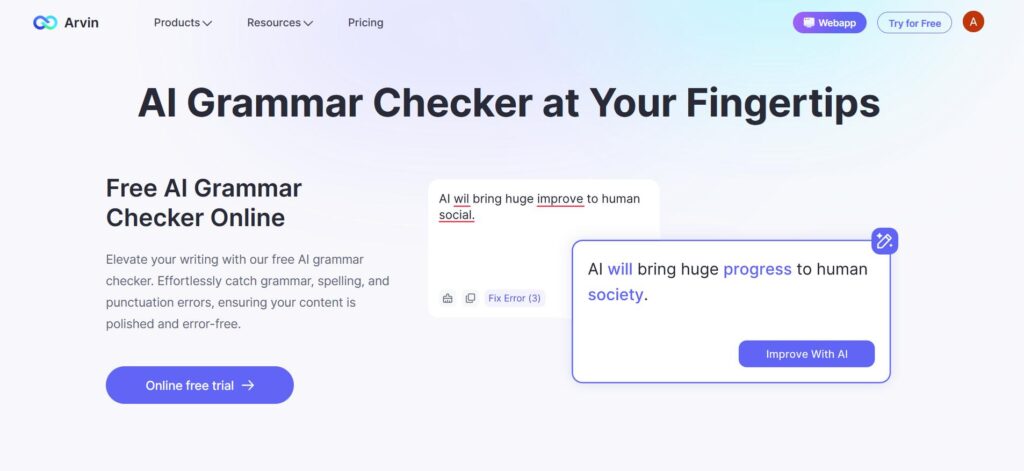
Irony is complex, but grammar doesn’t have to be. Simplify your writing with Arvin AI!
FAQ
Sandwich – Named after the Earl of Sandwich.
Teddy Bear – Inspired by President Theodore “Teddy” Roosevelt.
Boycott – Derived from Charles Boycott, an Irish landlord.
Diesel – From Rudolf Diesel, inventor of the diesel engine.
Braille – Honoring Louis Braille, creator of the tactile writing system.
Yes, “Coke” can be considered an eponym when referring to Coca-Cola, named after its key ingredient, coca leaves, and kola nuts. However, it’s also a brand name that evolved into a generic term for soft drinks in some regions.
One example of an eponym is Fahrenheit, named after Daniel Gabriel Fahrenheit, who developed the temperature scale still used in the United States. It’s a perfect example of how scientific achievements often leave their mark in language.
In English, an eponym is a word that originates from a proper noun, typically the name of a person, place, or brand, which becomes associated with a particular concept. For example, the term Victorian refers to the era of Queen Victoria, reflecting the cultural and societal norms of her reign.

